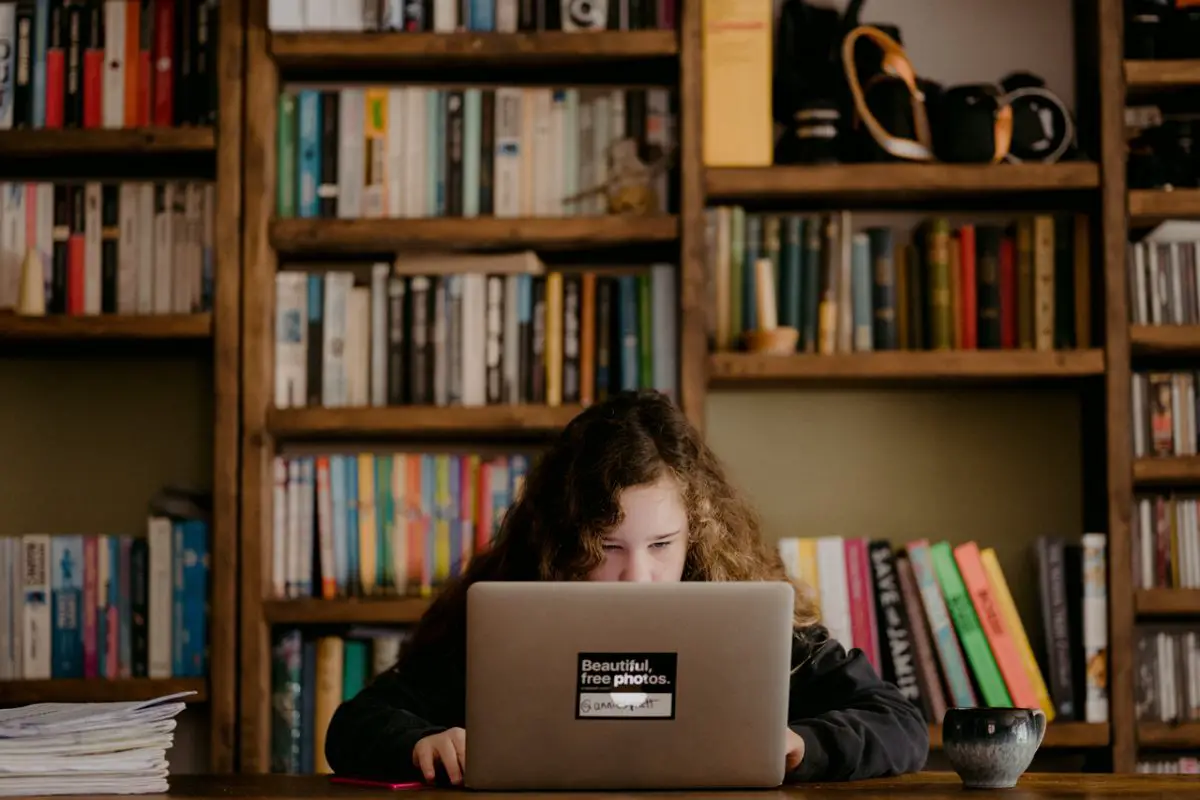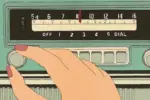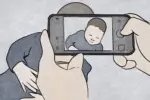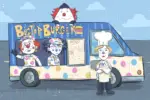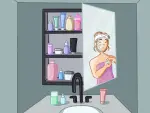When I returned from a few months in Korea, I had a new self-teaching endeavor to take on during the coronavirus quarantine. An insatiable craving for Korean food had followed me across the world, and without the option of leaving my house, I had to find a way to make it myself. It didn’t take long to discover Korean cooking channels on YouTube (a personal favorite is Maangchi), and I was drawn in by the crunch of the sharp knife on green onion, the cheerful facade of the hosts, the neatly-arranged bowls of ingredients and the illusion that I was somehow creating something.
When the virtual host tasted the food, I could almost taste all of the flavors that I sorely missed — the deep earthy sesame oil, the spicy sweetness of Korean red pepper flakes, the fermented saltiness of soybean paste stew. I finally did get around to making some of the dishes and ordering overpriced red pepper flakes on amazon, but I wondered why I felt so compelled to sit there and watch the food being made — why it felt better to watch others bring delicious food into existence than to do it myself.
There is something strangely gratifying about watching the deliberate, productive action of experts. It can be found in the way Marie Kondo demonstrates her (now-famous) method of folding clothes, or in the effortless painting techniques delivered by Bob Ross as he dabs “happy little trees” onto the canvas.
Kondo and Ross rose to fame through the smooth delivery of expertise, and the accessibility to these experts has undergone a significant shift. With the rise of video-streaming platforms, the internet is now full of highly skilled professionals (and hobbyists) who are willing to disclose the details of almost every craft imaginable — from shuffle dancing to boat-building to music production to knitting — amazing talent is just a five-second search away.
And so, with bated breath, we can watch as watercolor pigment spreads out with a certain chaotic precision, or as gobs of clay spin into smooth, seemingly effortless masterpieces. We can follow Shaolin Kung Fu martial artists dance across the screen, wondering what it must be like to move with that kind of grace.
What is amazing about the growing availability of online learning resources is that they not only illuminate innumerable possibilities, but they also make those possibilities seem within reach. And when opportunities for work and outside activities are limited, self-teaching couldn’t be more important for sanity, joy and fulfillment.
Opportunities for the practice of self-teaching — whether for career advancement, practicality or enjoyment — are undoubtedly abundant. However, the self-awareness to consume educational content in an effective way may be more elusive. Unfortunately, watching an endless stream of “study with me” videos is about as likely to make someone an effective student as buying an excessive amount of school supplies at OfficeMax.
Watching hours of watercolor painting techniques on YouTube without even wetting a paintbrush may feel productive in the moment, but it is time to consider how much we can actually accomplish by simply “consuming without doing.”
An incredible tool could just as easily become a roadblock where the simple impulse to learn something new turns into four hours of watching other people carry out the task.
The phenomenon that I refer to as “consuming without doing” is the act of simply watching without engaging, and it has an addictive component. It’s the illusion of progress and that the skills demonstrated by experts are easily gained. It’s too easy to feel as if the computer screen were some kind of magical transmitter of talent.
“Surely, I can drag my paintbrush across the paper in just that exact manner,” the brain says, while there is nothing but an empty desk and a computer screen in front of you. The reality of the time and effort that must be spent to build such expertise will be realized later, if action is taken at all.
In the world of self-teaching, there is always something more to be learned — something in the YouTube sidebar that cannot wait. But eventually, the dopamine rush from the idea of improvement is eclipsed by a feeling of guilt, as explored by Shankar Vedantam on a recent episode of NPR’s “Hidden Brain” series. At a certain point, you must consider what is actually being consumed: useful information, or time that should be spent learning through action or interaction? Guilt ensues when time is squandered.
Luckily, the most crucial step to overcoming internet algorithms is awareness of an issue. Once awareness illuminates a detrimental pattern of behavior, that is the beginning of its demise. Whenever my mom would turn off the TV when I was little, she would always say, “Break the spell.”
Of course, she was right. The hypnotic spell of online videos must be actively broken periodically, and it turns out that this step is not too difficult.
The voice coming out of the computer, the lectures, the step-by-step demonstrations, requires some active engagement on the part of the learner. The painting tutorial is on, but the paints have already been mixed, the canvas is right there, the brush glides across the paper — the spell is broken.
Or, let’s say your target language is coming out of the speaker. You are listening, then writing, then repeating a sentence or two, then writing, then listening, then looking up an unfamiliar word. You’re watching a CrashCourse video (a popular online learning resource) or an online lecture, and you have notes open in a separate tab. You’re listening in order to type, but also typing in order to listen.
The solution lies in awareness and the simple act of engagement. In the classroom, some type of “doing” — some kind of processing — must take place for the sake of real retention, and it makes sense that this rule applies to self-teaching through online learning as well. So, in your next self-teaching endeavor, find a way to incorporate “doing” in the midst of “consuming.” It is the beginning of the end for passivity, guilt and the illusion of productivity.


